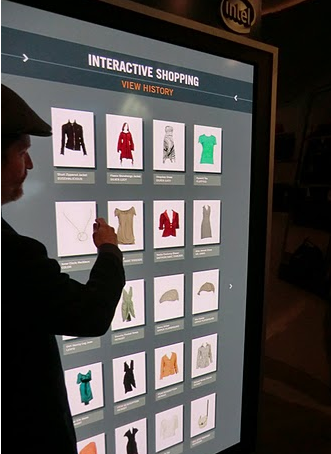Where will those Windows 7 tablets go? Think verticals


But there is a role for Windows 7 tablets, but it's up to you whether you buy the argument or not. With that said, here's the argument for Windows 7 tablets: In select industries powered by Microsoft software the integration will be easier with Windows 7 tablets. In this argument, tablets are a mere extension of existing computing infrastructure.
The case for Windows 7 tablets was floated this week at the National Retail Federation powwow in New York City. At Intel's booth, there were a bevy of demonstrations about the future of shopping. Some of these technologies were ready for prime time. Others were barely out of the lab.
Intel's motives were clear. Intel wanted to promote its embedded processor business---think Atom---and digital signage. Big screens armed with cameras could collect anonymous data to track consumer behavior and
The tablets at these demonstrations were non-descript, but retailing execs and managers seemed to have integration on their mind. Simply put, Windows 7 tablets seemed to be an easier sell than Android or even iPad. It's that enterprise mindset if you will.
Intel CEO Paul Otellini said most of the tablet design wins it is seeing revolve around Android and "an iPad apps-centric model." That said there are a few tablet designs "that are doing real Windows and want to have the Windows compatibility and the full Windows stack."
I'm not sure I buy the argument, but Windows tablets could garner traction in the enterprise. Ditto for Research in Motion's PlayBook. Add it up and RIM and Microsoft are playing a home game in the enterprise.
Here's a demo of one of the more fully baked technologies. This shopping wall will begin pilots in Adidas stores in the next six months.